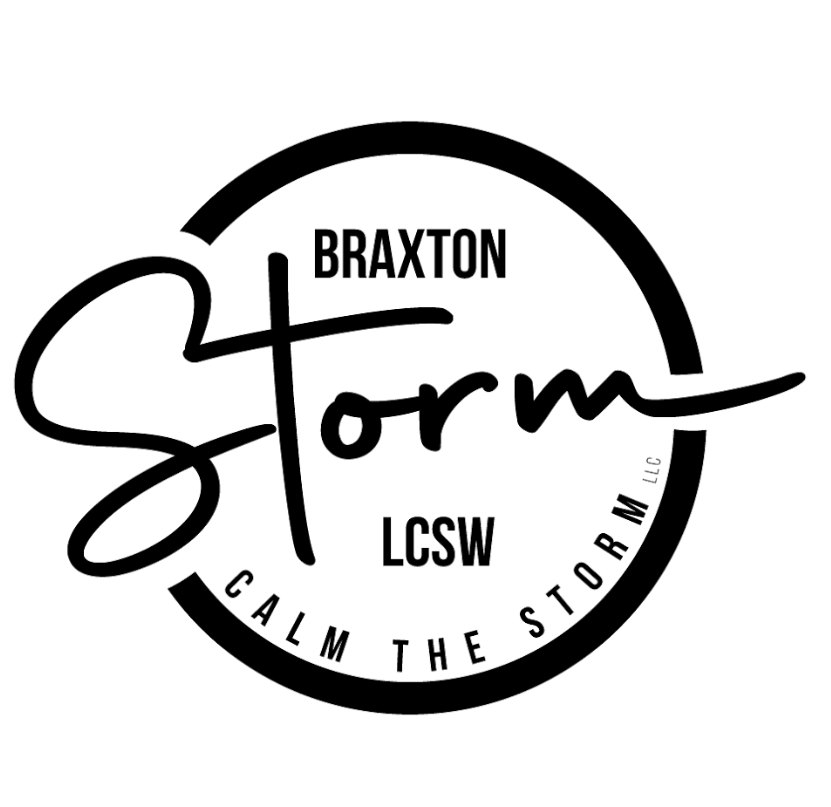Why my kid is well-behaved in public acts out at home
As a parent, you might hear the phrase, “Wow, your child is so well-behaved!” while out in public. You might be asking yourself….why is my kids well-behaved in public acts out at home? You smile politely, but inside, you know that as soon as you step through the front door, chaos erupts—meltdowns, arguments over snacks, or toy wars. It can feel frustrating, even exhausting. But here’s the twist: this so-called “disaster” at home is actually a sign that your child feels safe, loved, and free to be themselves.

Public vs. Private Behavior
Kids are masters of adapting to their environment. In public, they know the social rules: stay quiet in line, say please and thank you, and follow directions. It’s impressive—but it’s also a lot of effort for a small human. Think of public behavior as a tightrope walk. The minute the safety net of home appears, that tightrope comes down, and they release all the tension and energy they’ve been holding.
Why It’s a Good Thing
- Home is a safe space – When kids let their emotions out at home, it shows they trust you completely. They feel secure enough to express frustration, sadness, or excitement without fear of judgment.
- Emotional processing happens – Children are constantly learning to manage their feelings. Acting out at home allows them to practice expressing emotions in a safe environment, which is a critical step toward emotional health.
- You get to see their true personality – The “disaster” moments reveal your child’s quirks, creativity, and passions. It’s a window into who they really are, beyond the socially-polished exterior.
- It’s an opportunity for teaching – These moments allow parents to guide, coach, and model healthy emotional regulation. Every meltdown or tantrum is a chance to build resilience and empathy.
How to Embrace the Chaos
- Take a deep breath – Remind yourself this behavior is normal and healthy.
- Set gentle boundaries – You can allow freedom while maintaining safety and respect.
- Name emotions – Help your child label what they feel (“I see you’re frustrated that the toy broke”).
- Celebrate small wins – Praise effort, empathy, and problem-solving, not just compliance in public.
The messy, loud, emotional moments at home are not a failure—they’re a feature. They mean your child feels safe, seen, and loved enough to be authentically themselves. So next time the public praises their “perfect” behavior, remember: the real magic happens when the shoes come off and the giggles (and tears) fill your home.

